I worked in retail for quite a few years, and I was constantly surprised that I always had one coworker who just could not do the job.
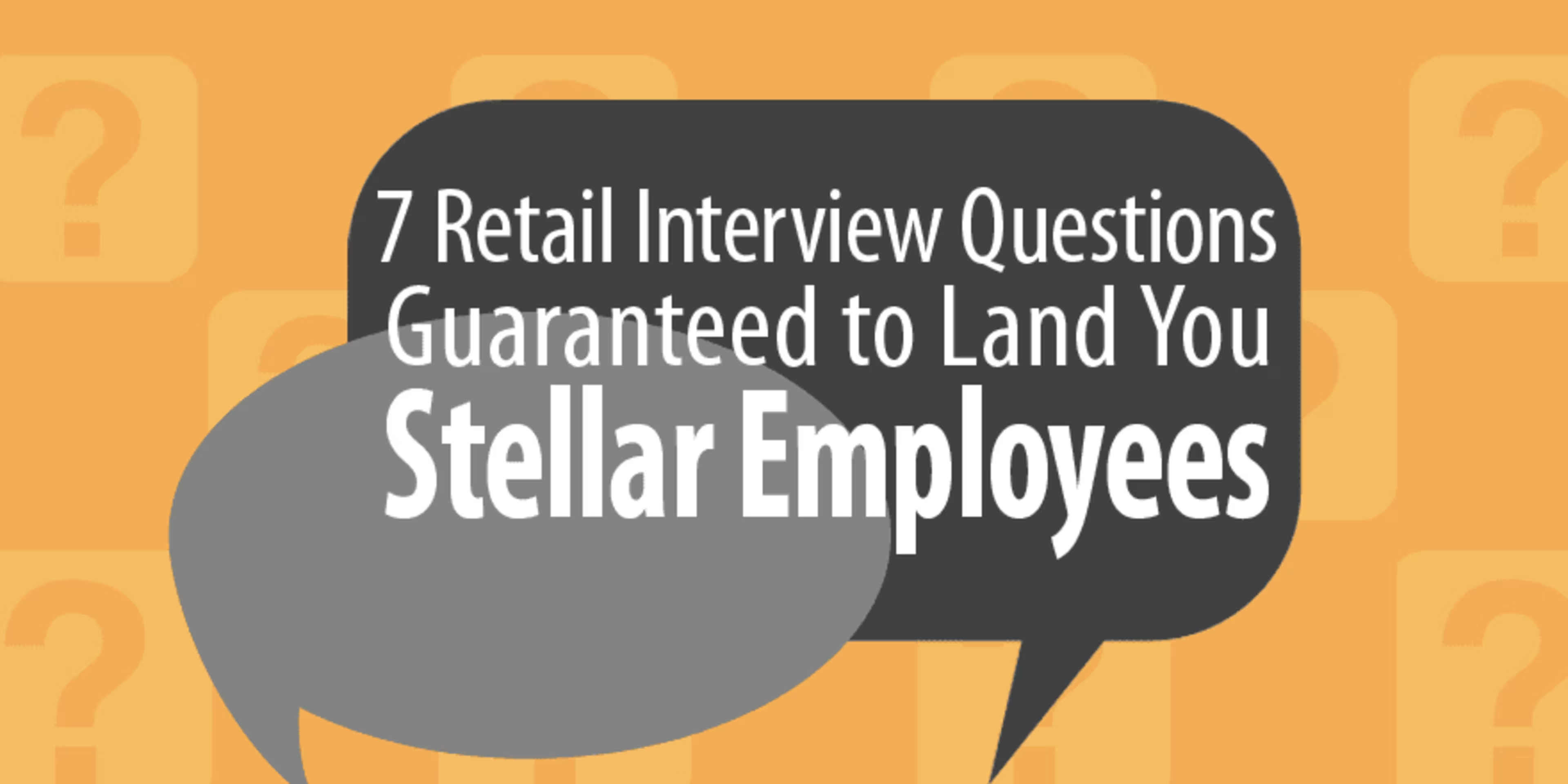
It always seemed so obvious to me that these people were poor fits. They couldn’t work a register; they couldn’t keep up with the pace of the sales floor – how on earth did they ever get past the interview? And I learned that this wasn’t just a problem for my store. I once mentioned these slow coworkers to another coworker, a wonderful, cynical woman who had worked in many, many stores. She responded lightly, “Oh, there’s always that one!”
The thing is - there shouldn’t always be that one. These employees wander the store aimlessly, doing nothing, or never get their training down pat and as a result don’t know how to operate necessary software or day-to-day procedures. These employees are essentially the equivalent of lighting a pile cash on fire and then walking it around the store in a wheelbarrow.

Why? Not only are they not doing anything particularly useful, but they make more work for your useful employees. I found that I would rather have worked a shift down a person, than work a shift with one of these particular coworkers. I had to clean up and run around after all of my customers, and I had to simultaneously run around and clean up after all of their customers.
At least if they hadn’t been there, I would’ve been able to work with all of these customers in my own order, not at the same time. There were multiple days where I actually rang up two customers, on two separate registers, at the exact same time because my coworker, who had been there for three months, still didn’t know how to operate the register at all.
So how do you, a retail manager, avoid hiring these types of people?
Short answer: You learn how to interview well.
Preparing for an interview is not something that’s typically high up on a retail manager’s to-do list, and for good reason. After all, in the world of retail, there’s always something pressing that needs be done instead of prepping for an interview. And since I get that, I figured I’d do the prepping for you. After a long, hard think and a lot of research, I’ve collected questions for you to ask prospects to find the perfect employees.
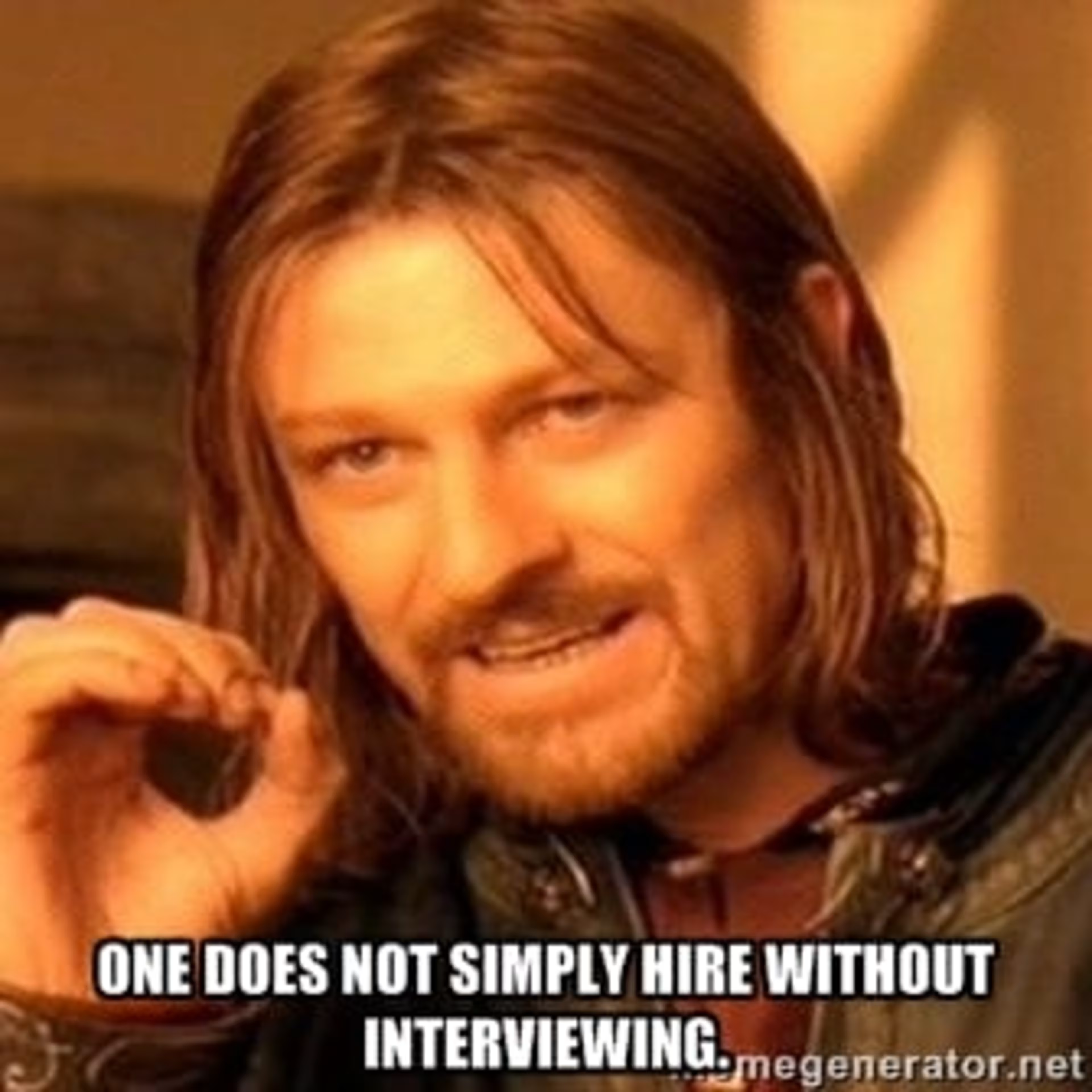
Before we go on, I want to give a quick disclaimer: great employees don’t come to you fully trained and perfect, and you should not be looking for someone like this. You need to be looking for someone with the potential to become an effective employee within the amount of time you need, with your careful training. (And you should absolutely specify a time they need to be up and running by, at least to yourself. Still unable to work the register after three months, for instance, is unacceptable.)
1. Why did you apply to our store?
This is a great question to jump into the interview with after you’ve exchanged pleasantries. As a hint, you’re not looking to hear in reply that they needed money. That’s the answer to why they started looking for a job. You want to know why they applied to your store in particular.
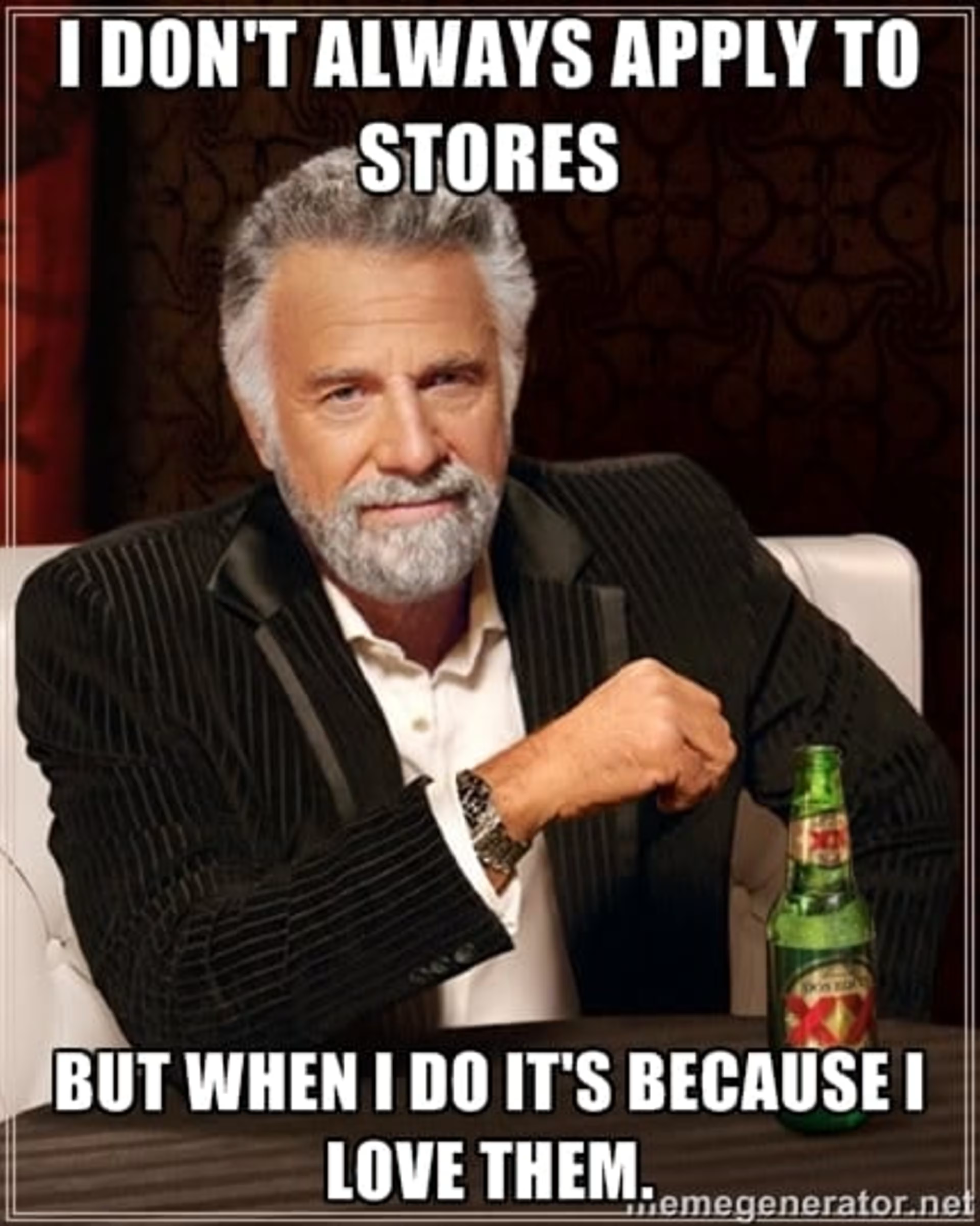
A future stellar employee’s response should tell you how they are personally invested in the brand. Keep in mind, the answer doesn’t have to be that they LOVE your products and they purchase everything from the store. (In fact – you may want to avoid these responders for a couple of reasons, the first, and most cynical being: you don’t want to lose a good customer.)
A great response can often be something like: “My mother shops here all the time, and I’ve always enjoyed being at this store. The sales people are kind and very helpful; the products are beautiful and high quality; overall, it’s just the type of environment and values that I think are important and would like to be a part of.”
That kind of answer demonstrates personal investment in the brand, an understanding of the brand, and an interest in growing as an employee. It’s probably a more developed response than you will likely get, but shoot for the stars and you’ll at least hit the moon, right?
2. How do you see our brand?
This one is such an important question, and is something of an extension to the first question. In fact, you may get your answer to this in the first answer. You want to hire someone who understands your brand, because, after all, your sales people are the face of your brand.
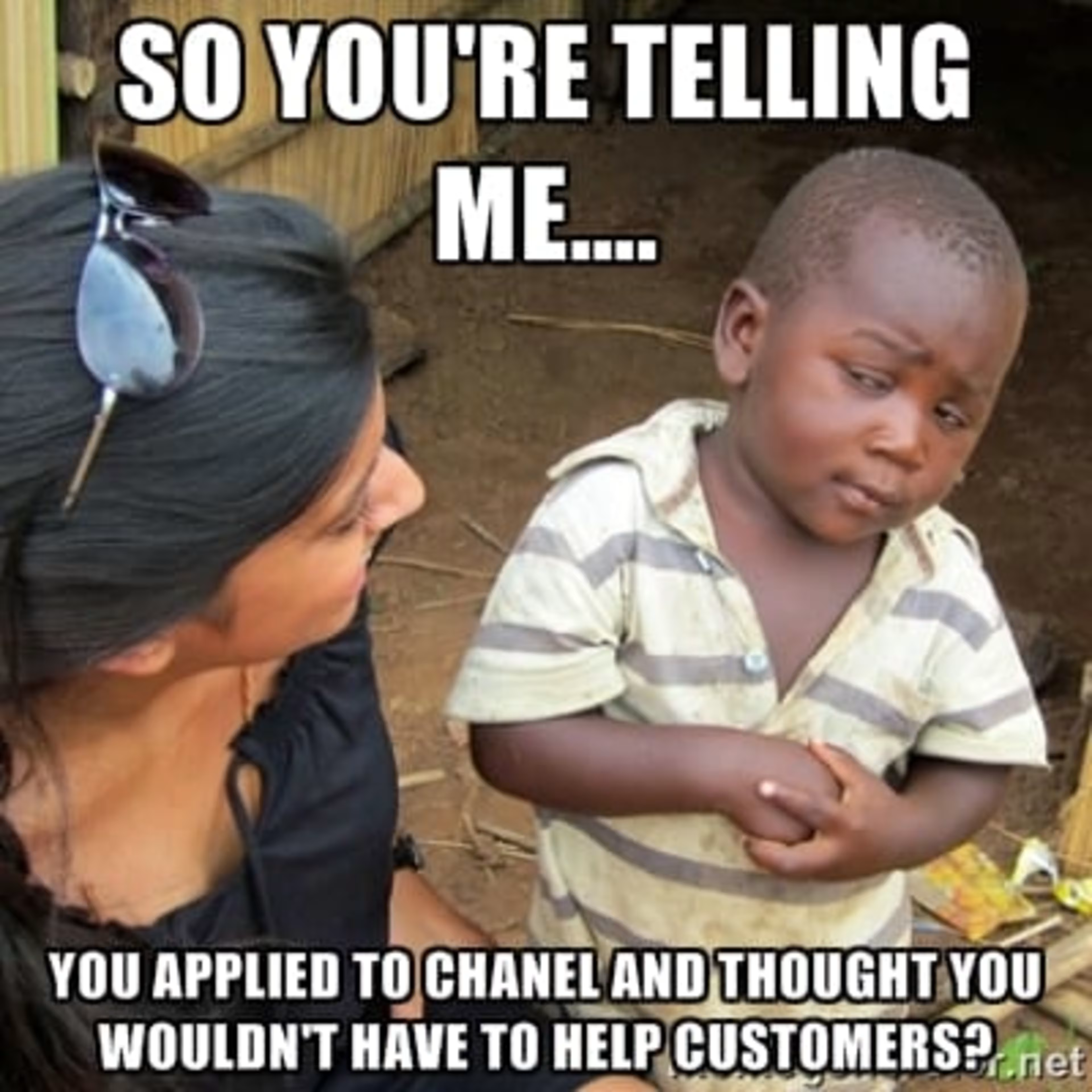
If you’re a manager at an upscale clothing store which prides itself on excellent customer service, you can’t hire someone who believes that your clothes are terrible quality and they can give your customers minimal service. That’s a no-brainer.
3. What previous experience have you had?
Totally standard question, but you want to look for people who are comfortable working in an extremely fast paced environment and enjoy helping people. You should also look for people with standard computer skills. (I say this because, even though basic computer skills seem like basic motor skills these days, you wouldn’t believe how many coworkers I had who did not understand how to work any of our point of sale software for the duration of their employment.)
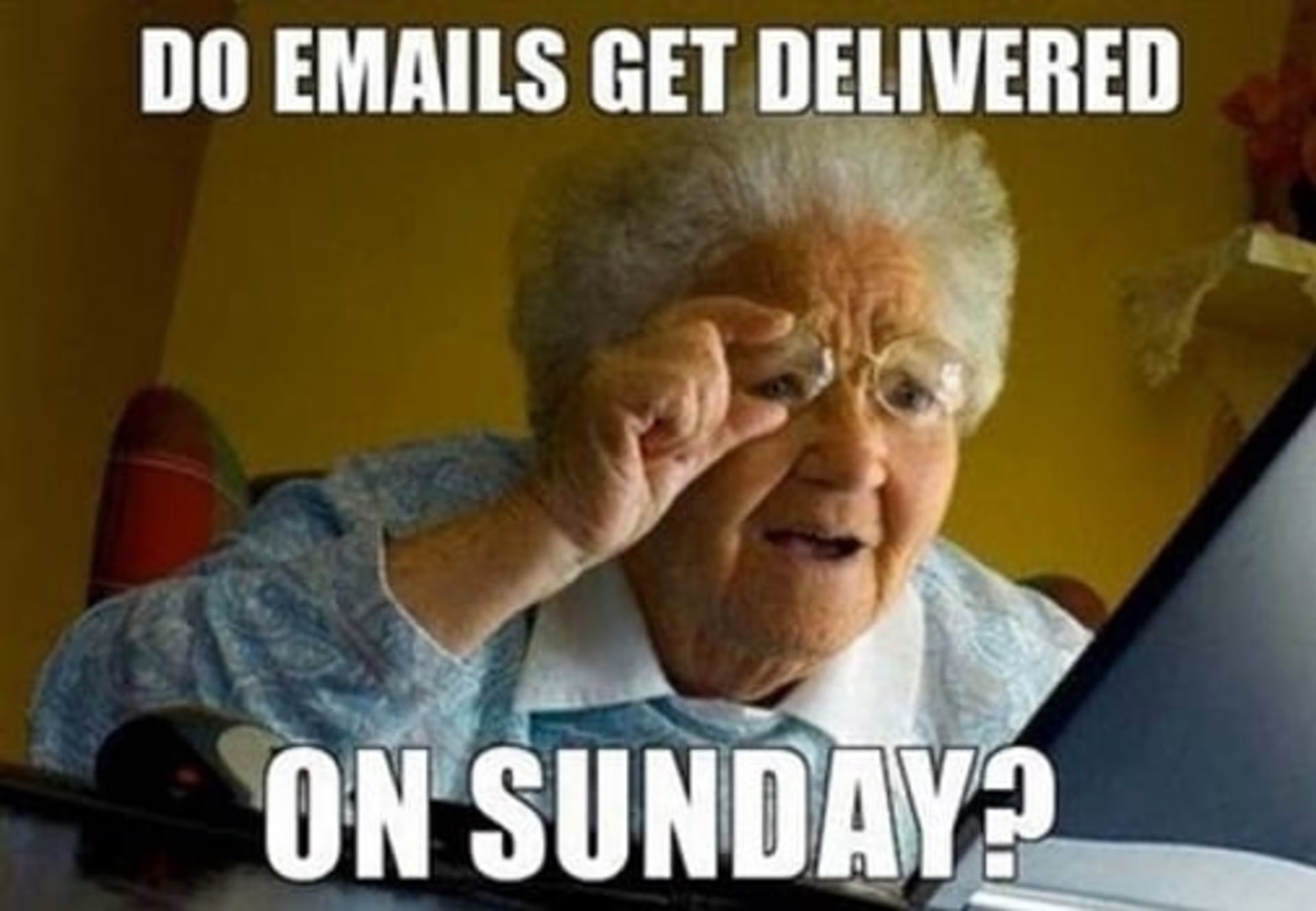
For most sales associate positions, I don’t think those you hire need to have any previous experience in retail. I also don’t think, depending on your brand, they even necessarily have to have any real experience. We all start somewhere, and if the person you hire has the right natural abilities, it doesn’t matter what they did beforehand; you were going to train them anyway. Sometimes it’s even a bonus to hire raw talent because you can mold them into the perfect employee for your brand.
Regardless, though, you need to be looking for people who can multitask, move and think quickly, and are willing to do as much as it takes to please a customer. These are three critical features to a good retail worker. You cannot hire someone who doesn’t have all three of these.
4. Can you describe a tough situation with a customer that you were able to successfully turn into a sale?
You can alter this one if your prospect has no sales/retail experience. Overall, you want to look for someone who rightly recognizes moments and customers that require extra care, and that then go the extra mile to make these situations come out well. Ideally, your prospect was able to convert this rough situation into a sale, but I think pacifying an angry customer is equally as good.

This used to be an angry customer. Your stellar employee worked a miracle here.
Anyone who worked in retail and was a decent seller has plenty of these stories lying around, so you can assume anyone who either doesn’t have a story, or has one describing a not-very-tough situation is probably not a good fit for retail.
If you’ve altered this answer for someone with no previous retail experience, the main elements you’re looking for in an answer are: your prospect pacified someone who was upset (with them, with their work, with another situation), and possibly even turned the outcome in their own favor. An example of answer from a teenager you’re interested in hiring who’s only ever babysat before could go as follows:
“The child I was watching was very upset because they could not watch television. Instead of letting them cry on the floor, I distracted them by singing a song in a funny voice and then convinced them to go outside.”
That’s short, of course, but those’re all the elements you’re looking for.
5. How would you handle x?
It’s important to ask a prospect how they would handle a difficult situation that you’ve seen take place on your sales floor. You shouldn’t expect them to come fully trained in your procedures, of course, but at the end of the day the judgement required to navigate through a tricky situation is very important, and tough to train for.
Additionally, creating a situation for them allows you to see how their problem-solving skills work on the fly. Retail selling is all about improvisation. If your prospect can’t come up with a good solution in the moment, they likely never will be able to.
6. Do you believe the customer is always right?
This is a more important question than most people would think when it comes to determining who’s going to make a strong employee. Answers to this question will reveal how much someone understands about what happens on the floor. Anyone who answers just yes or just no hasn’t really thought about the question and doesn’t understand what it means to work on the retail floor.
Customers are wrong all of the time, quite frankly. I firmly believe it’s not that the customer is always right, but rather the customer must think they’re always right. A sales person’s job is to always steer a customer in the right direction, while making the customer think it was their idea the whole time.
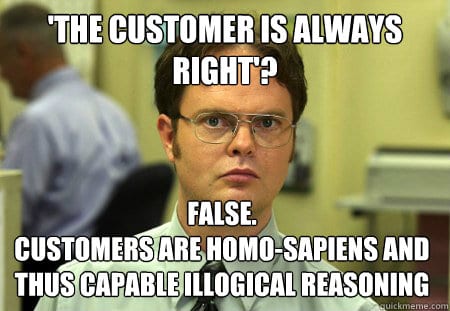
via QuickMeme
Let me give you a true example. I worked with a customer who insisted that she was two sizes smaller than she truly was. My job was to make sure she left the store in clothes that fit her, happy about her purchases and her body image. I had to use a combination of tricks, including bringing her looser-silhouette items and telling her our sizes just ran smaller than usual, but I managed to sell her five items of clothing that just about fit her. She turned into a repeat customer.
Had I believed that the customer is always right, I would have let her walk out of the store with clothes that didn’t fit her (or without making a purchase), which she would have hated because they made her feel bad about her body. That would have translated into hatred of the brand.
Conversely, had I not cared about ensuring that she thought she was right, I likely would have just told her she needed to be honest with herself and admit that she’d gained a lot of weight and she just needed to size up. Again, she would have been hurt, and likely never returned to our store.
You want to hire employees who understand this fine line and how to walk it.
7. Can you create X with our product? (Or: Sell me that product and a related product.)
You want to know this prospect has the ability to mix and match items first for suggestive selling reasons. You need to know that your prospect can take a client buying a bedspread and show them the benefits of buying matching sheets.
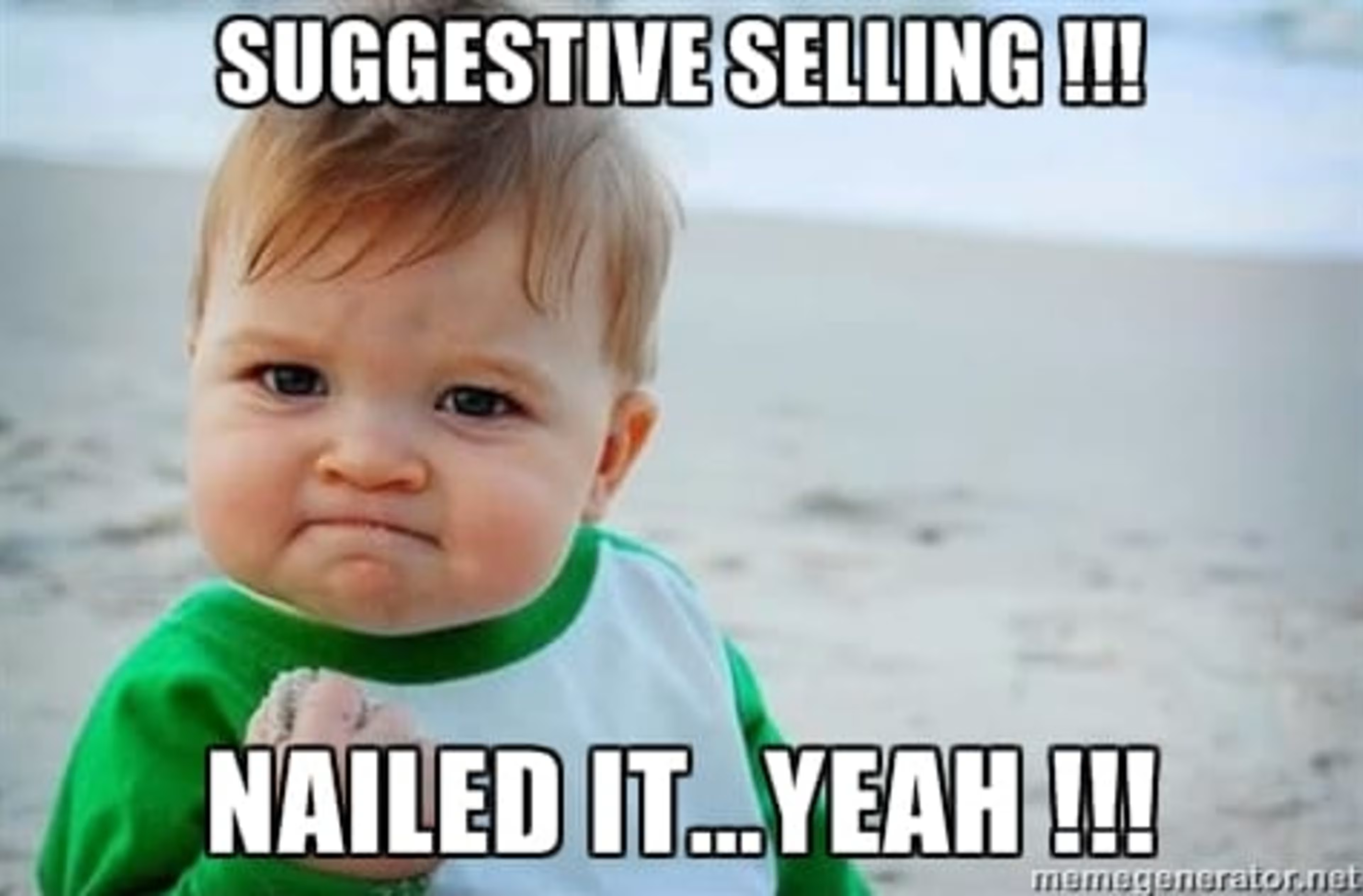
Secondly, if you’re a clothes seller, you want to know that your sales person can do more than just suggestive sell. You need someone who can style an outfit.
Of course, your prospect does not have the benefit of having the inventory virtually memorized like you do, so you have to allow for a little bit of extra time. But overall, anyone who’s got a natural knack for sales should be able to pick out two related items and give some sort of pitch as to why you should buy them together.
More?
During the interview, don’t just ask these questions and wait for answers. Pay attention to your prospect’s mannerisms. Are they friendly and energetic? Are they quiet and lethargic? Natural qualities that make for good retail workers are definitely energetic and friendly ones.
You may even potentially want to bring them out to the floor and introduce them around to other employees, to see how they interact with people they weren’t necessarily prepared to interact with. Plus – your teammates may pick up on potential red flags (or green flags) better than you do.
What other questions do you think are must-asks in a retail interview? And which traits do you think make stellar retail employees?